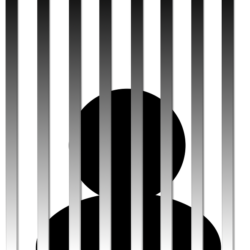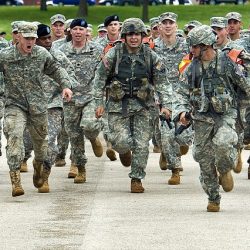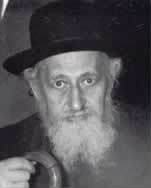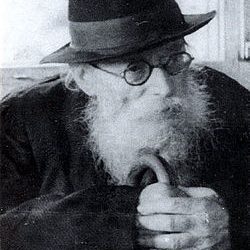
All posts by: moishe
-
 6 years ago
6 years agoVisiting the sick-tieth
When our forefather Avraham was recovering from his circumcision, “G-d appeared to him” [1] in order to fulfil the commandment of ‘visiting the sick’ [2]. ..
Written by Rabbi Daniel Leeman
-

-
 6 years ago
6 years agoLearn from everyone… even murderers!
Yosef’s brothers were not too fond of him in any case, but they hated him even more for the dreams that he had. Each dream he told them about would increase ..
Written by Rabbi Daniel Leeman
-
 6 years ago
6 years agoGuard your Soul: Va’etchanan
Guard your Soul – Va’etchanah We have been commanded to “guard your soul” [1]. This is the positive commandment to look after our bodies. Our body of course ..
Written by Rabbi Daniel Leeman
-
 6 years ago
6 years agoDestiny
Destiny By Rabbi Daniel Leeman During the three weeks we mourn over our exile and the destruction of the Temples. Ultimately though, we know that we will be redeemed ..
Written by Rabbi Daniel Leeman
-
 6 years ago
6 years agoThere Are Two Ways To Count
It was after the plague — and Hashem spoke to Moshe and to Elazar the son of Aharon HaKohen, saying, “Take a census of the entire Jewish People . . . (26:1-2) ..
Written by Rabbi Moshe Kormornick
-
6 years ago
Chatzitzah In Mikvah
Min Hatorah to be a chatzitzah in mikva it needs to be that roiv your body is covered AND your’e makpid, that you don’t want this dirt on you. In Gemora ..
Written by Anonymous
-
 6 years ago
6 years agoRewritten in stone
Moshe was commanded to rewrite on a second set of tablets of stone the same as that which was written of the first set “that you broke” [1]. When Moshe saw the Children ..
Written by Rabbi Leeman
-
 6 years ago
6 years agoBearly recognisable
‘Shemos’, the second of the five books of the Torah, is ‘the book of exile and redemption’. In the book of Shemos though, we read not only of the exile and redemption, ..
Written by Rabbi Daniel Leeman
-
 6 years ago
6 years agoLight years ahead
Moshe was instructed to “command” [1] the commandment of preparing and kindling the candelabra in the tabernacle. We have been taught that the word “tetzaveh” ..
Written by Rabbi Daniel Leeman
-
 6 years ago
6 years agoNo less than anava man
The word “vayikra”, meaning “He (G-d) called him (Moshe)” indicates the special relationship Moshe had with G-d. But when it came to writing the Torah, in his humility, ..
Written by Rabbi Daniel Leeman


